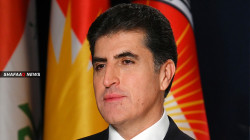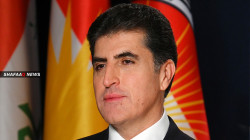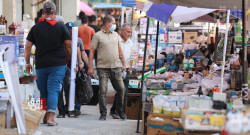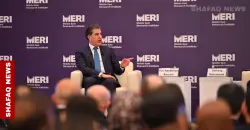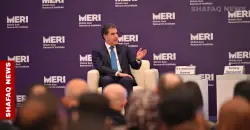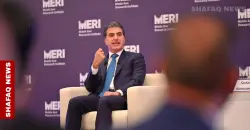Kurdish President Barzani: Opposition parties in any political system “are not enemies”
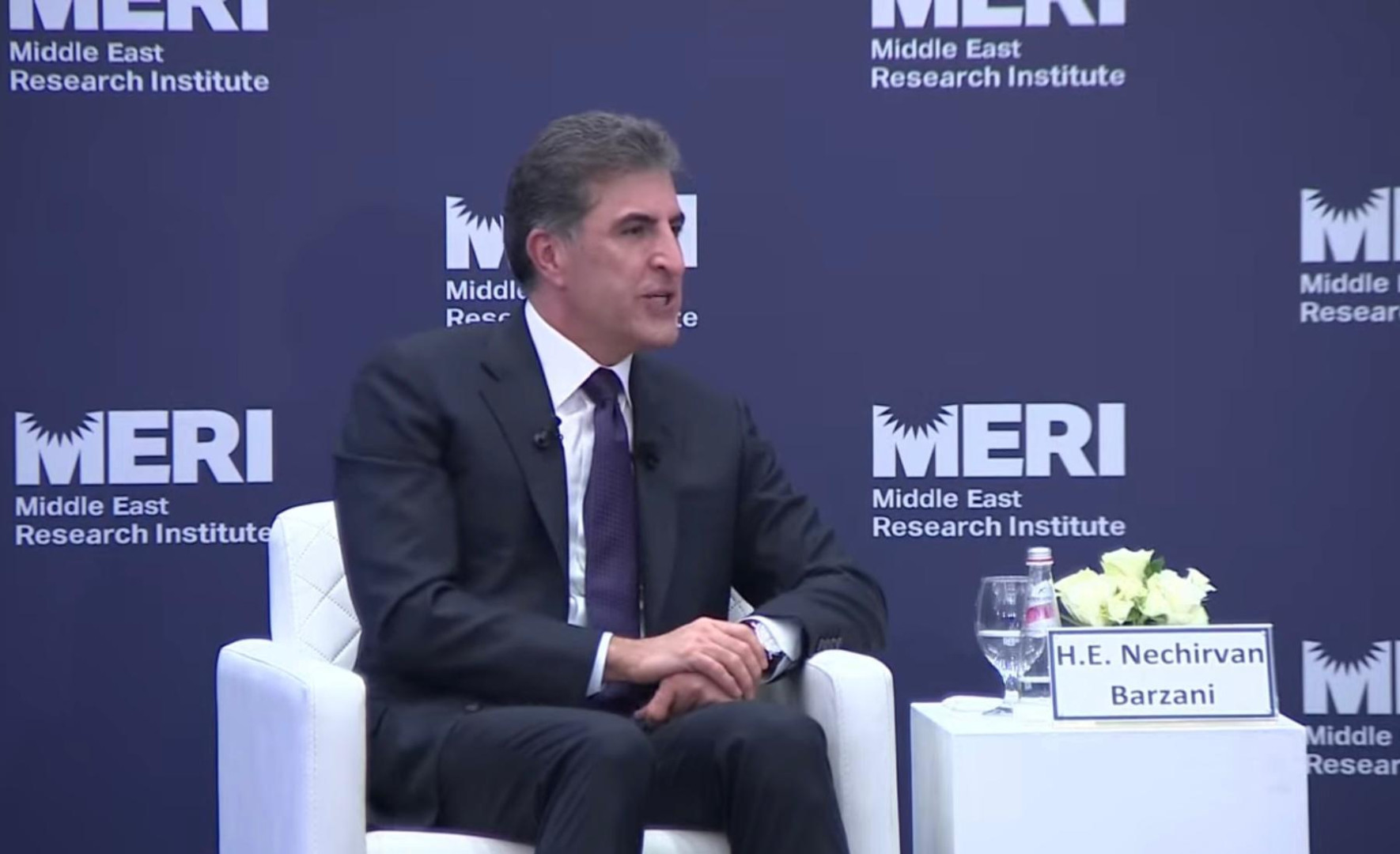
Shafaq News/ On Wednesday, Kurdistan Region President, Nechirvan Barzani, emphasized that opposition parties in any political system are not “enemies,” highlighting that the high Kurdish voter turnout in the Regional Parliamentary elections places all political parties under “a major test.”
Kurdistan Regional Parliamentary Elections
Speaking at the Middle East Research Institute (MERI) conference, Barzani said, "Opposition in any political system can help monitor the government and assess its performance. We view this constructively: some parties join the government, others the opposition—but they are not enemies; this is natural political competition."
Referring to the recent Parliamentary elections which he described as "one of the most transparent electoral processes in the Kurdistan Region,” Barzani stated, "I believe that all political parties face a major test, as 72% of Kurdish citizens participated in the elections, sending a message of trust to the political forces.”
“You must prove worthy of this trust,” he added. “It is time for political parties to sit together to form the government."
According to figures announced by the Independent High Electoral Commission (IHEC), Barzani noted that “the next government must be a coalition,” emphasizing that “forming this coalition should prioritize negotiations between political parties to establish the government swiftly, which is crucial for the Kurdistan Region's internal stability and its position in Baghdad.”
"The elections have been held four times, and there were claims that if the elections were held, there would be major problems,” Barzani noted, “However, the election campaign ended without issues. We will not return to two administrations; instead, we will have zero administrations."
Barzani further emphasized that "the Kurdistan Region was established according to the constitution, which was voted on by more than 80% of the Iraqi people, granting legitimacy to the institutions. I believe that these elections were the most important held in Kurdistan since 1992, so we must now work on finding a suitable mechanism to resolve the issues with Baghdad, and these issues can be resolved when the internal situation is organized."
Relationship Between Baghdad and Erbil
The Kurdish President said, "Baghdad's dealings with the Region are not federal; they are highly centralized. Although we describe it as a federal system, it is not federal in practice."
"I spoke candidly with my brothers in Baghdad, emphasizing that Iraq needs to be managed through consensus for stability, which is key to resolving the issues between Erbil and Baghdad," he added.
Regional Issues
Regarding regional issues, Barzani stated, "Since the current Turkish government took office, many developments have occurred regarding the Kurdish issue; we in the Kurdistan Region would be pleased to see a peace process in Turkiye."
"Resolving the Kurdish issue benefits not only Turkiye but also the entire region. Therefore, attempts to undermine this process must be prevented. The recent attack in Ankara was intended to disrupt these efforts," he said, referring to the deadly attack by the Kurdistan Workers' Party (PKK) which targeted a sprawling industrial facility in Ankara. In response, Turkiye conducted airstrikes on many PKK positions in northern Iraq and Syria, regions where the PKK, deemed a terrorist organization by Ankara, has a significant presence.
Barzani regarded the PKK as "a significant problem not only for Turkiye but for us as well, as it does not respect the institutions of the Region. It must abandon these practices if it wishes to support peace in Turkiye and adopt a new approach."
"The Kurdish issue in Iraq is different from that in Turkiye, Syria, and Iran,” the President highlighted, affirming support for finding a solution to this issue within these countries.
"We advocate for resolving problems through dialogue and negotiation and do not believe that weapons and military operations will resolve them," he confirmed.
